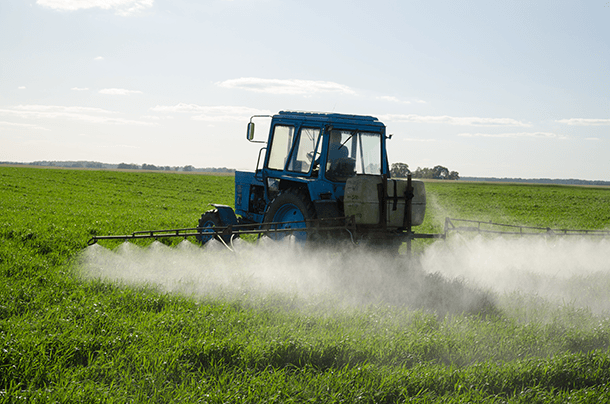Herbicides
Weed-killing sprays may also be killing our ability to fight bacteria
Penicillin overkill has created life-threatening bacteria that are resistant to antibiotics. But now some new research shows that common herbicides used in farming can also breed resistant bacteria, and no one’s sure how that may affect humans.
EPA approves a new herbicide for GMO crops and lawsuits follow
Many of today’s synthetic pesticides are derived from chemical weapons developed during the First and Second World Wars. Today, in the US, chemical warfare is waged daily against weeds in industrial agriculture. It has become an escalating conflict, as unruly weeds rapidly adapt to new products. The latest weapon has stirred strong opposition from environmentalists, farmers and food safety advocates.
French study raises questions about health effects of genetically modified corn
A group of French scientists are raising questions about the safety of genetically modified corn. The scientists say, specifically, that Roundup Ready corn causes tumors in rats, and therefore isn’t safe in humans — a claim wholly rejected by Roundup producer Monsanto.
U.S. launches program to clean up Vietnam-era Agent Orange contamination
The United States used millions of gallons of Agent Orange herbicide across Vietnam during the war there, in an effort to destroy the foliage that was giving its enemies cover. But, in the process, it contaminated the soil with dioxin and other chemicals that have persisted and continue to cause birth defects and health problems to this day.
States struggle with highway shoulders as resistance to herbicides mounts
In Oregon, there’s rumblings of discontent over how much herbicide the state uses to keep its highway shoulders cleared. Some counties have pesticide-free promises, but that doesn’t apply to state roads. In some states, though, herbicides are on the decline.


